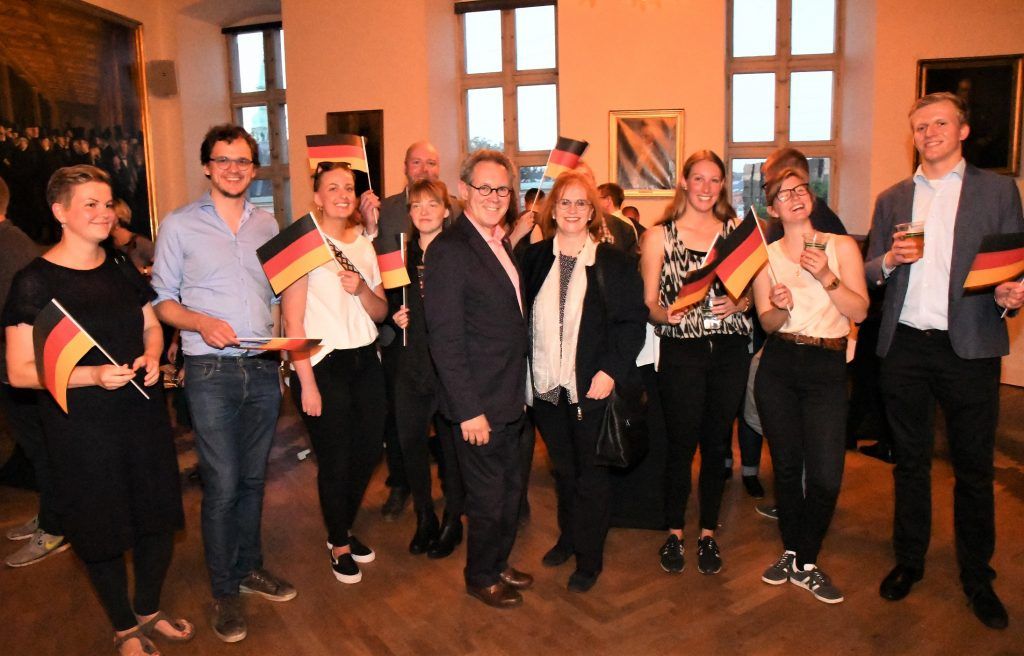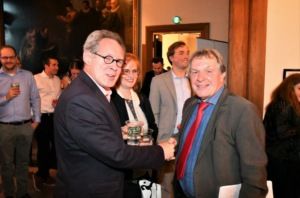Danish PM Lars Løkke Rasmussen has congratulated his German counterpart Angela Merkel on winning a fourth term as chancellor. The victory should ensure Merkel, who first came to power in 2005, remains Germany’s leader until 2021.
Nevertheless, while the result was a foregone conclusion, her conservative Christian Democrat/Christian Social Union alliance endured its worst result since 1949, as the nationalist party AfD made a huge surge in the polls.
With the counting not quite complete, it looks set to become the country’s third biggest party.
A neighbour of stability
“Germany is an incredibly important partner for Denmark,” said Rasmussen.
“Germany is our main and largest trading partner, so continued stability and prosperity in the German economy are of great importance to the Danish economy and employment. And politically, Germany is the natural focal point in Europe.”
Rasmussen is hopeful that German stability will helps the EU keeps “both its legs on the ground”, as the union seeks solutions to issues such as controlling its external borders, fighting terrorism, and increasing “European competitiveness, growth, prosperity and jobs”.
Anti-refugee campaign
However, there was no mention of the rise of the far right – and how the German result underlines its rapid growth in most northern European countries.
In total, the openly anti-Islam party AfD has won 12.6 percent of the vote – marking the first time a far right group has held seats in Parliament since World War II. Anti-AfD demonstrations were held yesterday in several German cities.
AfD’s campaign focused on Merkel’s decision to welcome 1 million refugees in 2015, using slogans such as “Burqas? We like bikinis”, “New Germans? We can make them ourselves” and (with a picture of a pig) “Islam doesn’t fit with our cuisine.”
New ambassador’s speech
But there were no pro-AfD celebrations in Copenhagen, only Germans happy that the chancellor had won a fourth term in office and is closing in on Helmut Kohl’s record of 16 years and 26 days in office.
Andreas Meitzner (below left), the new German ambassador, was among the guest speakers at Børsen, as was Siegfried Matlok (below right), the Danish-German journalist.
And there was a well-attended morning press briefing at the German-Danish Chamber of Commerce in Kongens Nytorv.















